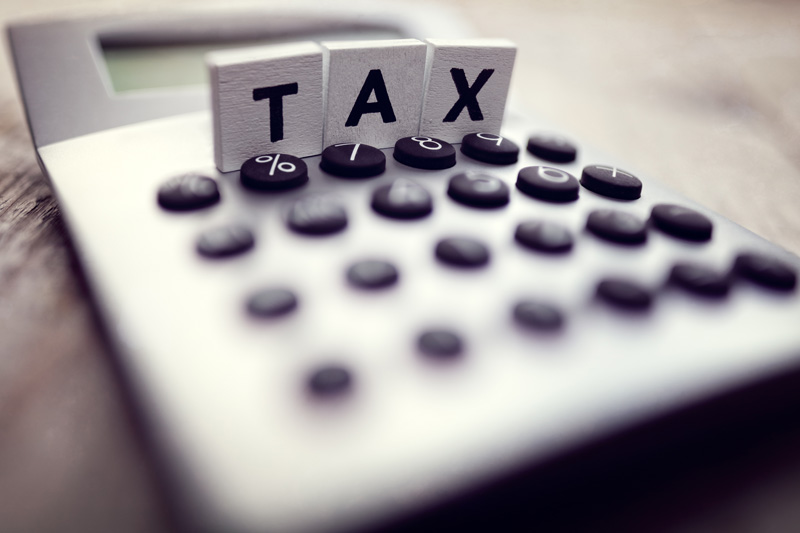The UAE Ministerial Decision No. 27 of 2023 on the determination of tax residency is a welcome relief for expats living in the UAE. The decision aims to simplify the tax residency rules and avoid double taxation, which can be a major concern for individuals who have financial interests in multiple countries.
The law was issued in September 2022 and came into force on March 1, 2023. It stipulates the number of days that an individual must be physically present in the UAE to be considered a tax resident. The new cabinet decision has listed some requirements based on which any natural person or legal entity could be characterised as a tax resident in the UAE. Accordingly, a tax residency certificate will be issued, which can be provided back to the birthplace to avoid double taxation.
The newly introduced criterion will make it easier for individuals and entities to have absolute clarity about their tax residency position within the country. The UAE is home to individuals from across the world, and the aligned definition of domestic Tax Resident with internationally recognised standards is crucial in determining an individual’s tax residency status.
According to Libbie Burtinshaw, Head of Operations at PRO Partner Group, the Domestic Tax Residency regulation defines a UAE tax resident as either a natural person or a juridical person. A natural person is defined as an individual with a permanent place of residence in the UAE, or one that is employed, or has a business in, the UAE. It also refers to individuals who have spent 183 days or more in the UAE over a consecutive 12-month period, primarily reside in the UAE, are based out of the UAE for financial and personal interest, or are UAE nationals, valid Permanent Resident Permit holders, or GCC member of state nationalities who must be physically present for 90 days or more over a 12-month period.

A juridical person refers to a business or entity which is legally separated from its owners. Tax residency applies to businesses or entities established or recognised in the UAE. If the requirements mentioned are met, then a UAE resident can easily apply to obtain a tax residency certificate (TRC) to use it as proof of tax payment.
The UAE has double taxation treaties and bilateral agreements with 137 countries. These reference the UAE’s domestic laws and are crucial in determining an individual’s tax residency status. Therefore, UAE residents that are eligible can apply to the Federal Tax Authority requesting a tax residency certificate. This is a formal requirement if the individual wishes to further apply for tax relief or claim benefits in a different jurisdiction under the applicable tax treaty.
Being a UAE Tax Resident does not make the individual subject to personal income tax, but it will help individuals who meet the criteria understand their tax residency position. The simplified tax residency rules will have a positive impact on investment decisions in the country. It will make it easier for individuals and entities to determine their tax obligations and plan their investments accordingly.
In conclusion, the UAE Ministerial Decision No. 27 of 2023 on the determination of tax residency is a significant step in simplifying the tax residency rules and avoiding double taxation. The aligned definition of domestic Tax Resident with internationally recognised standards will provide absolute clarity to individuals and entities about their tax residency position within the country. This will have a positive impact on investment decisions and will help individuals and entities plan their investments accordingly.
Summary of Article By: Nasreen Abdulla, Khaleej Times



